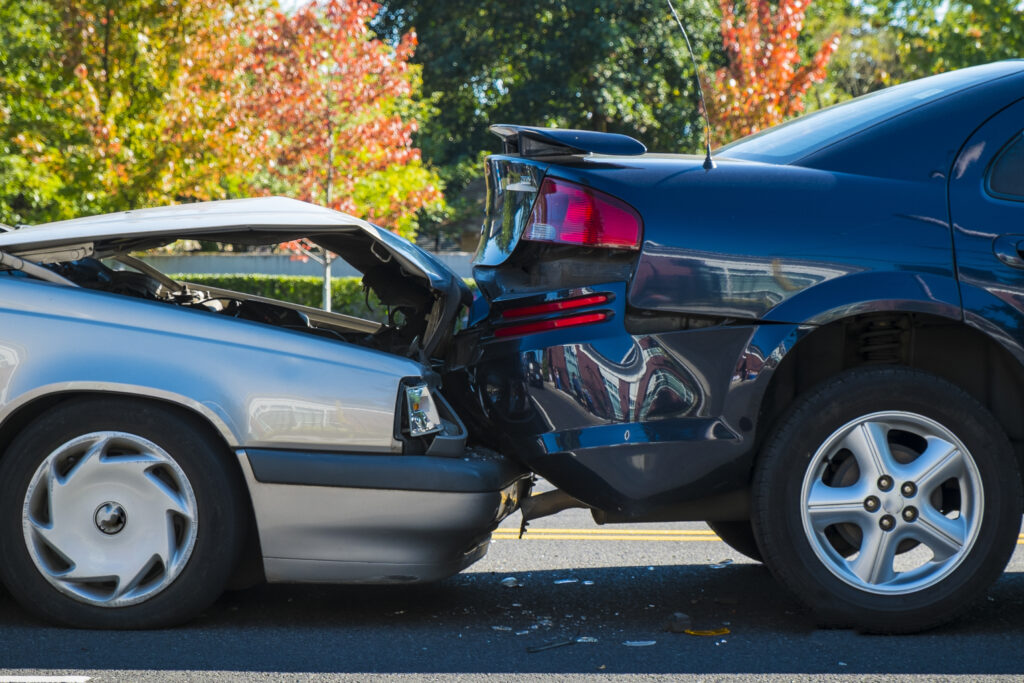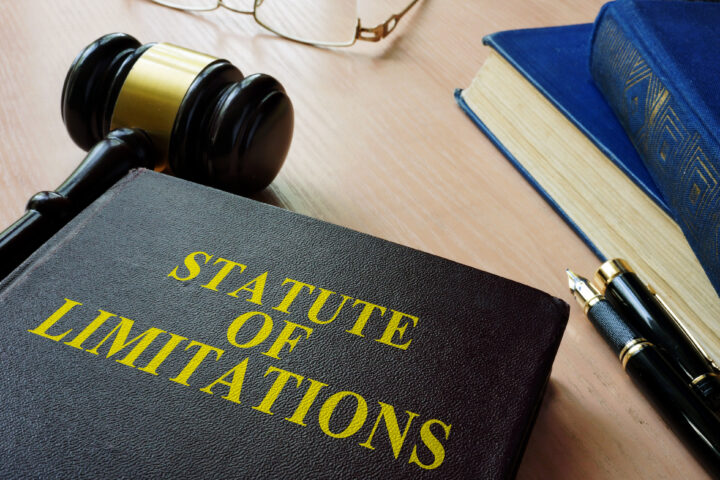Who Can Sue for Wrongful Death?

If you lost a loved one due to the negligent actions of someone else, you may have a wrongful death case. A wrongful death claim is a type of civil claim that can compensate survivors for the loss of their loved one. It is separate from a criminal case, but may be filed at the same time.
Wrongful death lawsuits are complex legal matters requiring the expertise of a lawyer. Greenleaf Law Group is a leading personal injury law firm in the Gateway Cities offering compassionate legal support to grieving families. Contact our Whittier wrongful death lawyer for a free case evaluation.
Types of Wrongful Death Claims

A wrongful death occurs when the negligent, reckless, or intentional acts of someone else causes another person’s death. One of the most famous wrongful death cases is that of O.J. Simpson, who was acquitted of criminal cases but sued for wrongful death.
Most wrongful death claims are based on the legal theory of negligence. In California, the most common types of wrongful death cases are:
- Car accidents
- Medical malpractice
- Defective products
- Slip and falls
- Pedestrian accidents
- Workplace accidents
- Motorcycle accidents
In all of these cases, the person had a “duty of care” to act as a reasonable person would and prevent harm to others. If a driver failed to use reasonable care and caused the death of someone else, he or she would be responsible (liable) for the death.
Who Can File a California Wrongful Death Claim?

Under California’s wrongful death law, only immediate survivors or a legal representative may file a wrongful death claim. The following people may file in the order of priority:
Surviving spouse
The decedent’s surviving spouse has the right to pursue damages by filing a wrongful death suit in California. The decedent’s domestic partner or “putative” spouse may also file a lawsuit. A putative spouse is a person who believes in good faith that they were married, but who in fact was not legally married to the deceased.
Surviving children
Surviving children who lost a biological or adoptive parent can sue for wrongful death. Stepchildren or grandchildren may also file if they can prove that they were financially dependent on the deceased at the time of their death.
Additionally, a minor who was financially dependent and lived at least 180 days with the deceased person may be able to file a wrongful death claim.
Parents
If the decedent did not leave behind a surviving spouse or children, parents of the deceased victims have the right to recover wrongful death damages for their minor or unmarried adult child. Surviving parents can also sue if they can prove they were financially dependent on their child.
Other heirs
If none of the above family members survives the deceased person, individuals entitled to inheritance under California’s intestate succession laws may file a claim. In order of priority, the plaintiffs who can file include parents, siblings, children of deceased siblings, and grandparents.
Next of kin
In cases where none of the above relatives are available, any of the deceased’s next of kin will be able to file a wrongful death lawsuit.
A personal representative of the deceased’s estate
If there are several people who are eligible to file a wrongful death suit, they may appoint a personal representative of the deceased person’s estate. This person will file a single action on behalf of all the parties to simplify the process.
Wrongful Death Statute of Limitations

Under California’s statute of limitations, those who wish to file a wrongful death claim must do so within two years of their loved one’s death. If you do not file a claim within this timeframe, you may not be able to pursue financial compensation.
In medical malpractice cases, surviving family members have three years to sue for wrongful death. If a death involves a government agency, a claim must be filed within six months.
Compensation in a Wrongful Death Lawsuit

The ultimate goal and desired outcome of a wrongful death lawsuit is that the surviving family members of the deceased are properly compensated. Since every case is different, there is no average settlement. The amount of damages awarded will depend on the circumstances of the accident, the age, health, and income of the deceased, and more.
Typically, the following types of damages will be paid out in a wrongful death case:
- Medical bills incurred while the deceased alive relating to the injury
- Funeral and burial expenses
- Loss of income and inheritance
- Loss of companionship or consortium
- Loss of services the deceased provided
A wrongful death settlement will either be paid out in a one-time lump or installments.
Do You Need a Wrongful Death Attorney?

While no amount of money can bring back your loved one, you deserve justice and closure after a tragic loss. Our wrongful death attorney can help you on the road to recovery by providing the financial compensation you need. We will investigate and evaluate your case to determine the total amount of your losses. If the insurance company does not offer a fair settlement, we will take your case to civil court.
We understand you may still be hesitant about speaking with an experienced attorney. To learn how we can help you, schedule a free consultation with our team. You are not obligated to work with us or sign any paperwork. We will listen to you and provide you with the best legal support possible.
Call Greenleaf Law Group today at (562) 550-7676 to learn how we can help you during this difficult time.


